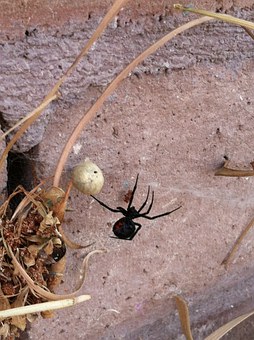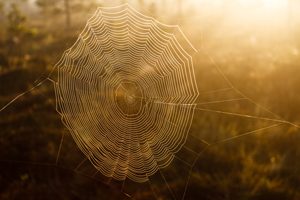 Very few people welcome the sight of a spider in or near their home, and it can be a frightening experience for many! While most spiders are typically harmless and actually beneficial to the environment, there are a few in the Las Vegas area to be wary of. Along with the desert brown spider, black widows are not only one of the most common spiders in Southern Nevada but also the most dangerous. Although they only bite when threatened, there are a number of ways you can prevent these poisonous spiders from getting in or near your home.
Very few people welcome the sight of a spider in or near their home, and it can be a frightening experience for many! While most spiders are typically harmless and actually beneficial to the environment, there are a few in the Las Vegas area to be wary of. Along with the desert brown spider, black widows are not only one of the most common spiders in Southern Nevada but also the most dangerous. Although they only bite when threatened, there are a number of ways you can prevent these poisonous spiders from getting in or near your home.
What Attracts Black Widows to Your Property?
Just as with any type of spider, black widows typically enter homes for survival-based reasons. They are solitary creatures and, for the most part, prefer to stay away from humans and remain in their outdoor environment. Some of the things black widows may be attracted to in your home include:
- Food: Spiders are drawn indoors to prey on the other insects that may be inside your home. When you leave out food, insects will feed on that food, and spiders eventually make their way indoors to feed on those insects!
- Debris: If you have piles of clothes, garbage, or debris scattered around, you may unknowingly be creating a haven for spiders.
- Warmth: Similarly to any pest, black widows may make their way inside to escape dropping temperatures at night or during the winter.
Preventing Black Widows in Las Vegas
Properly protecting your home from black widows entails the same methods that apply to many types of insects and pests. The best method of spider control is prevention, and there are a number of things you can do to keep spiders out of your property:
- To prevent black widows from getting inside, make sure to inspect any boxes or pieces of furniture for egg sacs or live spiders before bringing items into the home.
- Locate and seal off any potential entry points around the perimeter of your home, including windows and doors.
- Always wear gloves when handling or sorting through boxes in attics or basements.
- Trim back plants and trees from the foundation of the home and keep a tidy yard free of hiding spots.
Professional Spider Control Services
If you’ve implemented preventative measures to protect your home from black widows and still notice them in or near your home, it’s time to call in the professionals! Black widows have a very dangerous bite and quick, reliable action needs to be taken if they are on your property. At Rentokil, we know how terrifying these spiders can be—call us today to learn more about our spider control services!

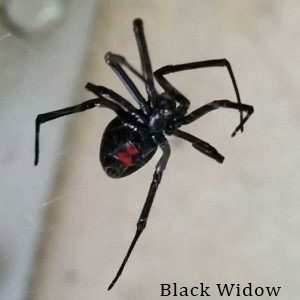 That said, the Las Vegas area harbors several dangerous spiders that you definitely don’t want hanging out in your home, including the black widow, desert brown recluse, and wolf spider. By being aware of what spiders to look out for in your house as well as implementing prevention tactics, you can effectively reduce the amount of spiders that find their way inside.
That said, the Las Vegas area harbors several dangerous spiders that you definitely don’t want hanging out in your home, including the black widow, desert brown recluse, and wolf spider. By being aware of what spiders to look out for in your house as well as implementing prevention tactics, you can effectively reduce the amount of spiders that find their way inside.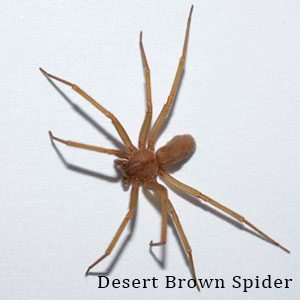 They are especially aggressive when they are defending their eggs, which is typically when a bite may occur.
They are especially aggressive when they are defending their eggs, which is typically when a bite may occur.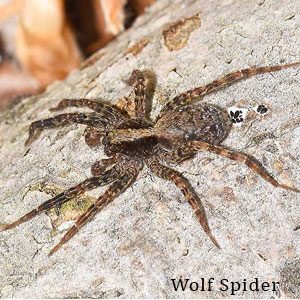 Taking preventative measures to ensure your home is not suitable for spiders is the best method of avoiding and controlling dangerous spiders infestations. Some spider prevention tips include:
Taking preventative measures to ensure your home is not suitable for spiders is the best method of avoiding and controlling dangerous spiders infestations. Some spider prevention tips include: